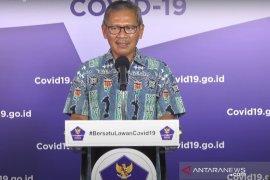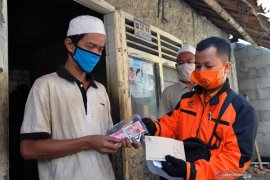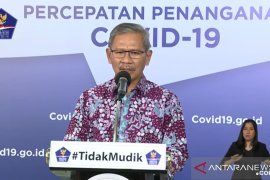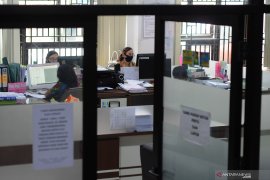"We have to admit that in the past few years, poverty reduction has run slower, as we are close to the 10 percent rate," Suhariyanto informed the press here, Monday.
In March 2011, the poverty rate in Indonesia was recorded at 12.9 percent, and it declined to 11.96 percent and 11.36 percent in 2012 and 2013 respectively.
The rate reached 11.25 percent in 2014, 11.22 percent in 2015, and 10.86 percent in 2016.
However, the poverty rate in 2017 has declined further to 10.64 percent but at a relatively slower pace as compared to the previous periods.
The number of poor in the period has reached 27.77 million as compared to 27.76 million in September 2016.
"To reduce the rate below 10 percent, we will need to take bigger efforts. We need to focus on the nature of poverty, and this is important," he emphasized.
The poverty rate in urban areas in September 2016 was recorded at 7.73 percent, and it declined to 7.72 percent as of March 2017. However, in rural areas, the poverty rate during the period had reached 13.96 percent and 13.93 percent respectively.
Suhariyanto noted that efforts to reduce the poverty rate should be focused in rural areas, where several villagers still live under the poverty line.
"In villages, 51 percent of the poor villagers work in the agriculture sector. We should improve the farmers welfare. It is important to expand the coverage of KIP (Indonesias Smart Card) and KIS (Indonesias Health Card). Thus, they could have the capital to move forward," he explained.
One key to reducing the poverty rate is to lower inequality among citizens. First, he reiterated, it would be important to have qualified economic growth.
"High economic growth would be of no use if it only benefits a certain group of people," he noted.
In addition, development in infrastructure and social inclusion to reduce inequality are also of paramount importance.
"Poor citizens should have the same access to education, health, and other services," Suhariyanto said. (*)
Editor: Heru Purwanto
Copyright © ANTARA 2017











